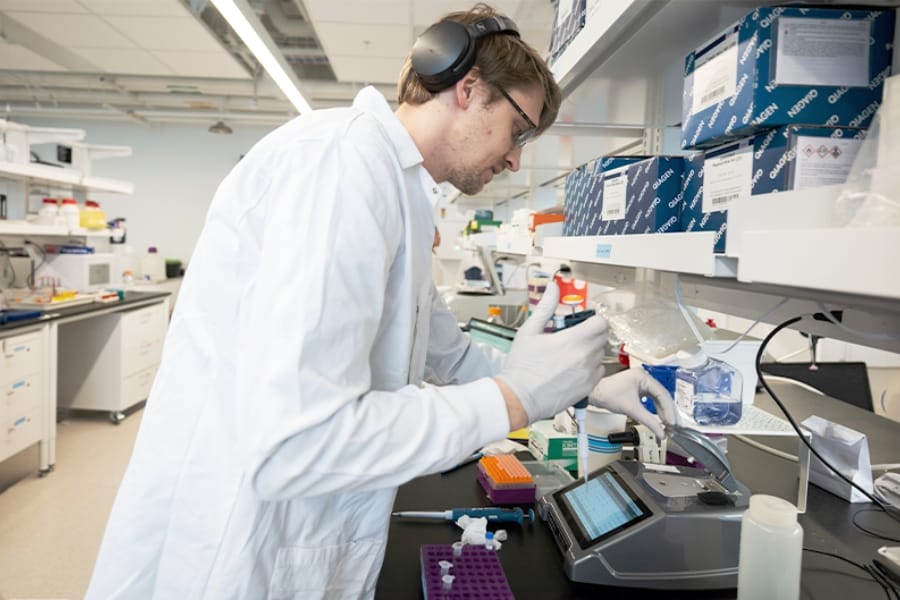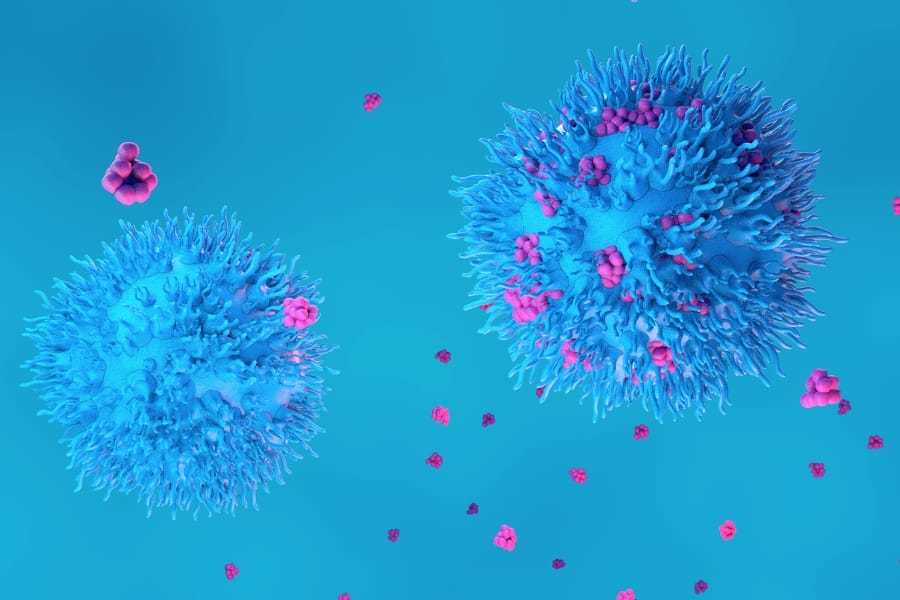News & Events
-
Mini Med School Prince George
Mini Med School will be on the road for years to come! We want to give as many communities as…
-
From Mini Med School attendees to medical school mentors
High school students attending the latest Vancouver edition of Mini Med School had the opportunity to participate in 30-minute information sessions with…
-
Discovery Days in Health Sciences
Discovery Days in Health Sciences is a one-day event that gives high school students and teachers the opportunity to explore…
For Media
Every day, our researchers are working towards breakthroughs to transform the lives of kids in British Columbia and around the world. Learn about the latest innovations and advancements in child health.
for media











